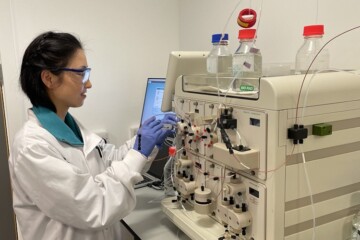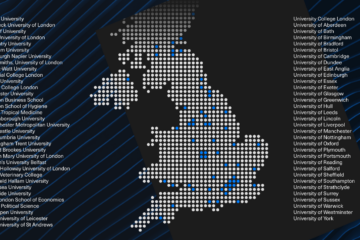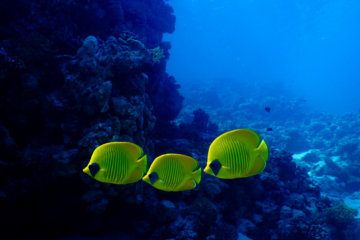
Are we alone in the Universe?
Researchers from St Andrews, Germany and the USA join forces in a European Research Council funded project searching for life-friendly exoplanets..

Researchers from St Andrews, Germany and the USA join forces in a European Research Council funded project searching for life-friendly exoplanets..

“You are what you wear” is actually true, according to new research led by the School of Psychology and Neuroscience.

A PhD researcher studying microbes in the human gut has discovered a new molecule that acts as a ‘distress signal’ when viruses are detected.

The University has been awarded a £1.2 million grant to lead a new international climate change research project known as GLOBAL-EX.

A study led by scientists at University of St Andrews finds that antibiotics used to treat tuberculosis kill other potentially useful bacteria.

The University of St Andrews has joined the Turing University Network, which brings together leading academic institutions with a shared commitment to advancing research, innovation, skills and engagement in data…

Researchers from the University of St Andrews have collaborated with a multinational team of researchers from Greece, the Netherlands, Germany, and the UK to explore the intriguing connection between hand preference and

Two new global research centres (GRCs) at St Andrews will harness the power of interdisciplinary research excellence.

Organisms are becoming smaller through a combination of species replacement, and changes within species, according to new research.

A major scientific expedition to understand biodiversity and ecosystems along Europe’s coastlines comes to the University of St Andrews this week.